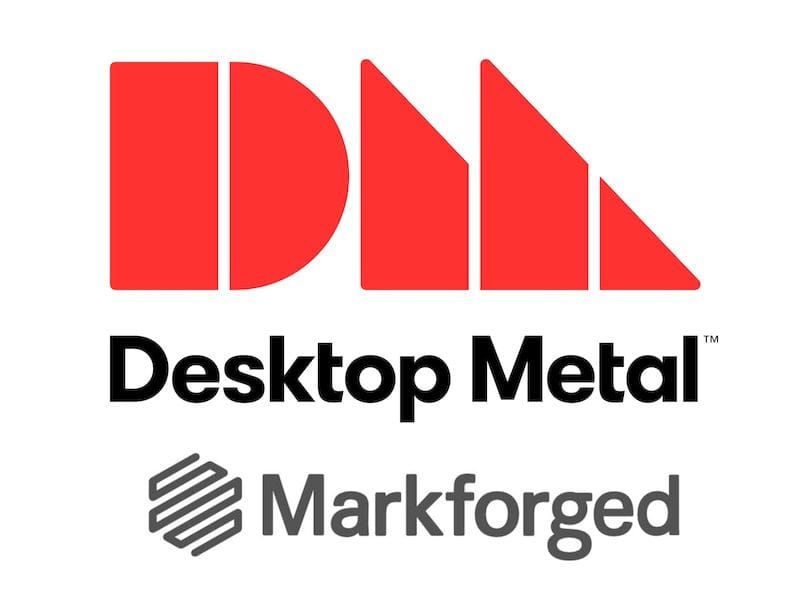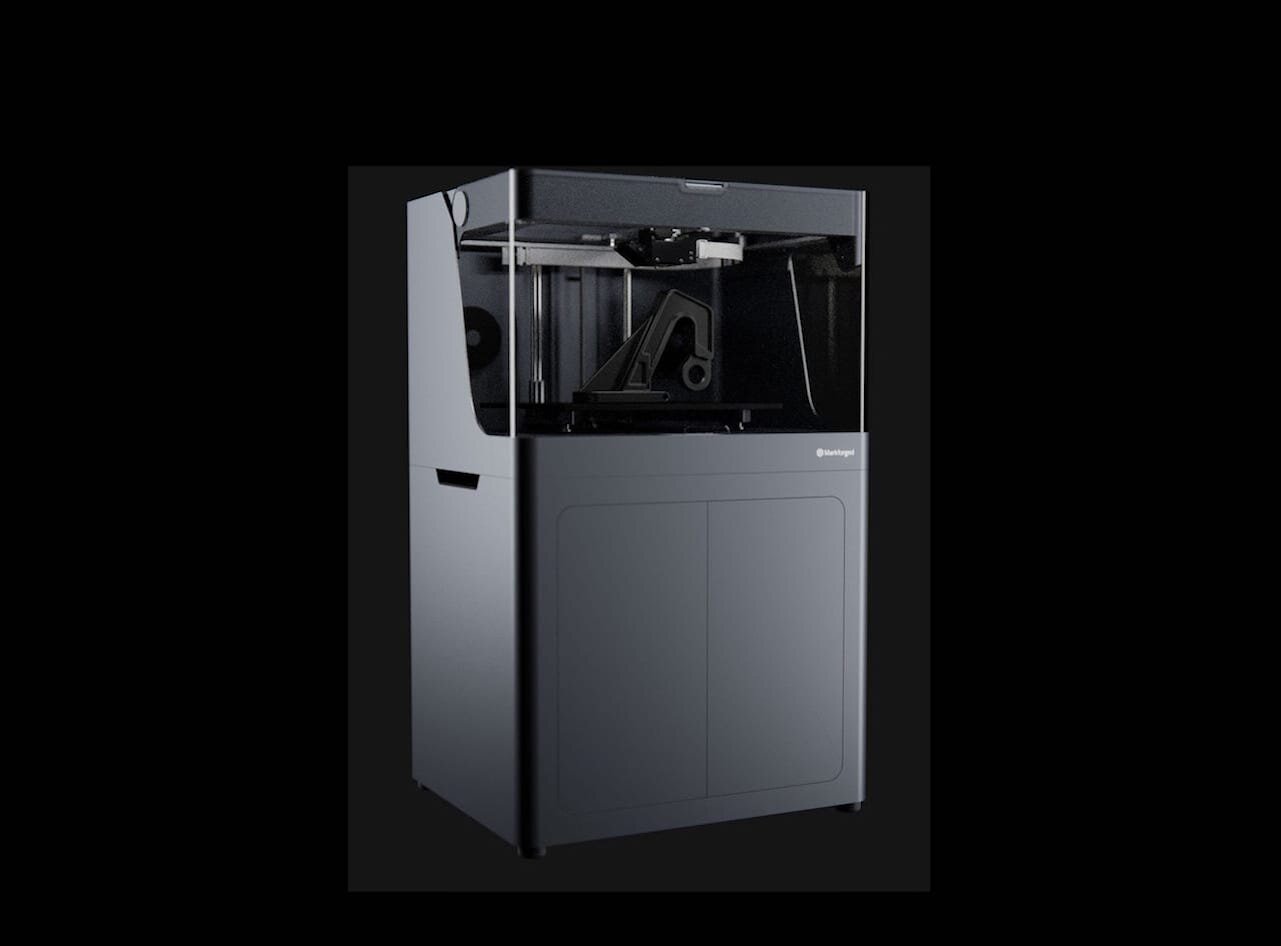
Desktop Metal’s lawsuit against Markforged has reached an “amicable resolution”.
The statement is short, sweet, and deliberately vague:
“Desktop Metal and Markforged today announced they have reached an agreement that resolves all outstanding litigation between the two companies. Both Desktop Metal and Markforged acknowledge that neither company, nor the individuals named in the litigation, misappropriated any trade secret or confidential information belonging to the other. Further terms and conditions of the settlement will remain confidential.”
That’s the entirety of the joint press release, sent out at close of business October 2. No further details or quotes are available from the companies.
Litigation began in March when Desktop Metal filed suit against Markforged, alleging that the technology behind the Metal X 3D printer was too similar to the patented support separation process used in the Studio System. There was much more to it, including corporate espionage via individuals conveying trade secrets.
Following a late July ruling that cleared Markforged of IP infringement, all that remained to the case was the consideration of trade secret and contract violations. Conversations with both companies at IMTS, not long before that second trial, highlighted that both sides were ready to have this business settled so they could return their time, energy, and focus to their technologies and their customers.
The trial was expected to last for three weeks, but was concluded on Thursday, September 27, just two days after opening remarks painted it as “a case about disloyalty and betrayal,” as Markforged attorney Harvey J. Wolkoff of Quinn Emanuel Urquhart & Sullivan LLP said.
It wasn’t pretty, but it was brief.
The CEOs of the two companies — Desktop Metal’s Ric Fulop and Markforged’s Greg Mark — have a long history, which includes Fulop having been an early investor in and board member of Markforged. Something went south along the way, and so the two most recently came together again as rivals in the courtroom.
Litigation is to be expected in any major industry, and 3D printing is increasingly that. Especially with this case focusing on the rapidly growing metal sector, it shouldn’t be surprising that legalities have stepped in yet again. We’ve seen it in SLA, we’ve seen it with NDAs and the business end, and now here we are in metals. Intellectual property is a massive consideration, and legal experts remind us that it’s very serious business.
“Just because the engineering and manufacturing techniques may be different, companies still need to strategically plan how to spend their IP budgets. Some smaller companies may choose to invest in protecting some innovations as trade secrets, reserving their patent budget for key product lines. When filing patent applications, some smaller companies prefer to file a larger application with many details that can be used in the future as the basis for related patent applications. Finally, young companies should carefully consider their foreign filing strategies. Foreign filing cost can balloon quickly so it is important to select your jurisdictions thoughtfully with an eye towards your business objectives,” Elizabeth (Beth) D. Ferrill, head of IP law firm Finnegan’s 3D printing working group, told Fabbaloo in a recent interview.
With the close of this colorful chapter, perhaps the silver lining is that metal 3D printing is maturing.
After all, SLA’s landmark litigation marked a sort of rite of passage for that technology suite, which has absolutely grown since 2012 and 2016 cases. There’s been a lot of buzz in the air that 2018 will be the year of metal additive manufacturing, and perhaps we’ll be able to look at this ‘amicably resolved’ situation as a bit of growing pains in the maturation of metals.
Via Desktop Metal, the Boston Business Journal, and Law 360











